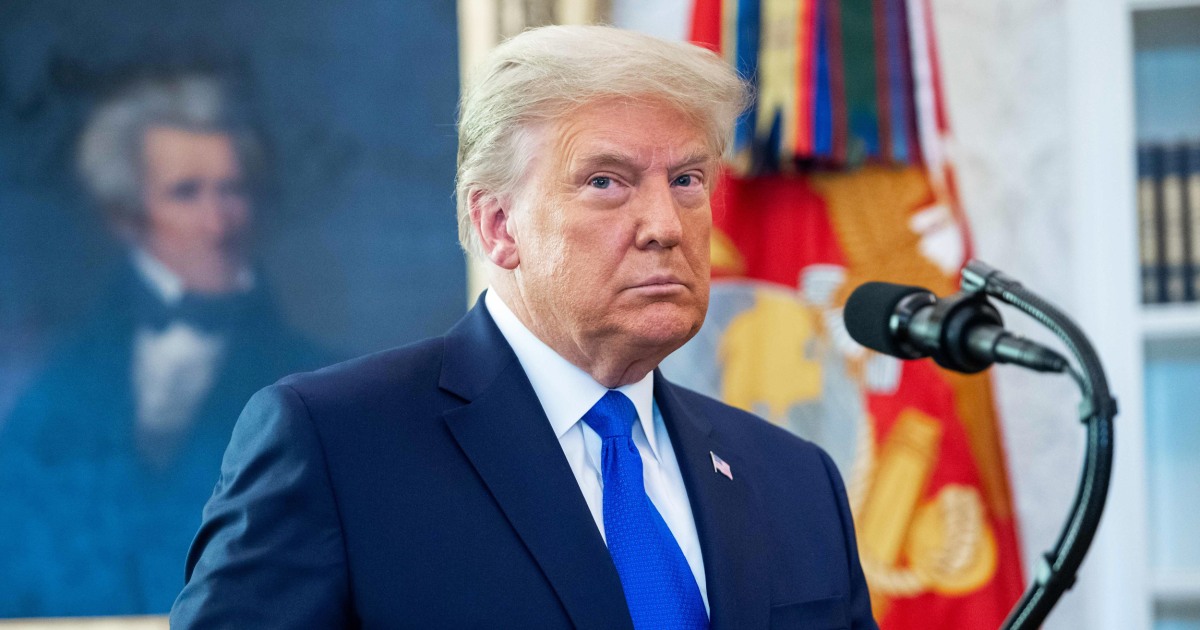DrLove
Diamond Member
I'll add one of my own to Pete Williams' analysis. If successful, a Democrat AG could respond by cobbling together blue states in a lawsuit to discard a few states that Trump won starting with Texas and Florida. After all, they changed their election laws in response to the pandemic too. SCOTUS knows this, and that's a big reason they won't take the case.

 www.nbcnews.com
www.nbcnews.com
To cite a glaring one, the lawsuit, which Texas Attorney General Ken Paxton filed Monday, calls on the court to delay the electoral vote in the four targeted states, Georgia, Michigan, Pennsylvania and Wisconsin, to allow investigations of voting issues to continue. That would be unconstitutional, said Edward Foley of the Moritz College of Law at Ohio State University. He points out that Article II, Section 4, says that Congress can choose the day the electors meet to vote but that it also says the day "shall be the same throughout the United States." This year, it's Dec. 14, five days from now.
The second hurdle is that Texas has no legal right to claim that officials elsewhere didn't follow the rules set by their own legislatures. The United States doesn't have a national election for president. It has a series of state elections, and one state has no legal standing to challenge how another state conducts its elections any more than Texas could challenge how Georgia elects its senators, legal experts said.
Officials from both parties in the states named in the lawsuit ripped Paxton's challenge as "a publicity stunt" loaded with "false and irresponsible" allegations.
The lawsuit asks the Supreme Court for an order invalidating something like 20 million votes, which Foley said is unthinkable.
The court filings also appear to have been prepared in haste. For example, the lawsuit says the four states that Texas wants to sue have a total of 72 electoral votes. The total is actually 62.
"This case is hopeless. Texas has no right to bring a lawsuit over election procedures in other states," said SCOTUSblog publisher Tom Goldstein, a Washington, D.C., lawyer who argues frequently before the court. "And in any event, the justices will think that this case, like the others, should be brought first in the lower courts and not just in front of them first."
While it's true that the Supreme Court is the place to go when one state wants to sue another, it has to get permission from the court first, and it has to show there's no other place to resolve the issues. The Texas lawsuit is a compilation of legal claims that have already been chewed over in lower courts.
Paxton, whom the Trump campaign named a co-chair of its Lawyers for Trump group in July, has had legal problems of his own. He was indicted in 2015 on still-pending securities fraud charges and was reported to have been accused of other wrongdoing by his top aides this year.

5 glaring problems with Texas' bid to overturn Biden's win at the Supreme Court
"This case is hopeless," said SCOTUSblog publisher Tom Goldstein, who argues frequently before the court.

